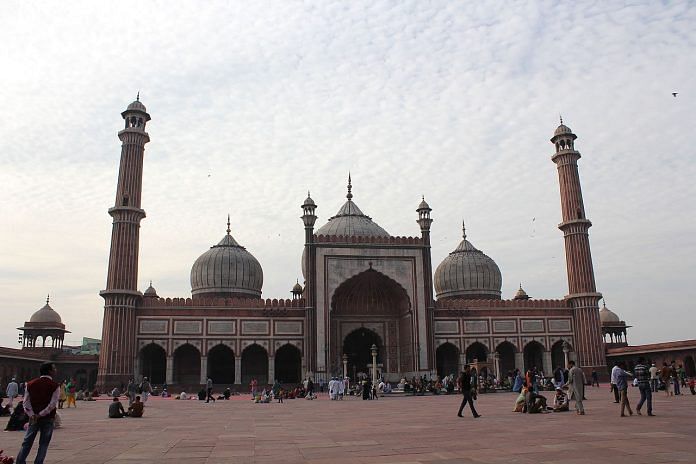Raziuddin Aquil’s book The Muslim Question: Understanding Islam and Indian History seeks to understand Islam through its evolution in south Asia from the 13th century to modern times.
The historical roots of the supposed violent expression of Islam have been an intriguing field of inquiry for scholars.
After 9/11, there has been a flood of conjecture, analysis and predictions over the extent of Islam’s influence on attacks by extremist forces.
For a section of scholars, the attack was a reaffirmation of Samuel P. Huntington’s theory, as set out in his 1996 book The Clash of Civilizations and the Remaking of World Order, of a clash between the western and the Islamic world after the cold war. The reduction of diverse cultures into binaries has been an old colonial practice.
A similar set of questions was posed by the British through myriad expressions such as Wahabi and jihadi. The search for a moderate Muslim, initiated during the colonial rule, does not show signs of waning in modern times either. An underlying theme of such analyses is to see religion as a static belief system, and not the evolving one it is.
Raziuddin Aquil’s book The Muslim Question: Understanding Islam and Indian History is an attempt to break out of the binary of liberal and radical Islam, by understanding Islam through its evolution in south Asia from the 13th century to modern times.
The book attends to the question of violence, extremism and fundamentalism in Islam through the history of debates. Aquil traces the debates among competing parties such as ulemas (clerics), sufis and philosophers in influencing the decision of the imperial court on the question of governance according to the Islamic law (sharia). The author presents a holistic picture of the state and society by collating source material from the imperial court as well as the popular domain, such as pronouncements of the sufi saints, poems and memoirs.
In this attempt he escapes being categorised into any defined branch of historiography. His work can neither be labelled agenda-driven history, such as History and Culture of the Indian People, edited by K.M. Munshi and R.C. Majumdar, or the state-centric history espoused by Aligarh historians like Mohammad Habib, Irfan Habib and Iqtidar Alam Khan that mostly focuses on the politics of courts and kings.
He introduces his readers to themes, political figures, events and sources that have been neglected in conventional historiography. Tracing the trajectory of Islam in the subcontinent from the Sultanate period onwards, Aquil elaborates on the role played by sufi pirs in shaping the political discourse during different eras.
His exposition of the political role of the sufi culture carries a whiff of freshness in scholarship because either the aspect of religion, or, more specifically, Islam, is ignored in the study of sufi tradition, or the study is restricted to the politics of the Islamic era. He further traces the contestation between diverse approaches in interpreting Islam on the status of the kafir (infidel) in medieval Indian Islamic society by a contextual reading of sources such as Fatawa-i-Jahandari by Ziya-ud-Din Barani, a scholar of the medieval times who is dismissed as a religious fanatic.
The last quarter of the book deals with cultural life in the last phase of the Mughal period, by covering the sufi-bhakti milieu and the element of dissent in Urdu poetry of the time. He sums up the argument by elaborating on the overlap between the teachings of Sikhism and Islam, and by discussing the work of a neglected Urdu scholar, Mir Mohammad Jafar Zatalli.
These aspects and voices in the history of south Asia are explained as counterbalancing forces arresting the regressive tendencies in Islamic practices.
Few works of social sciences cover such a vast time period.
Aquil has not just done that, but also flagged important themes, such as the role of the sufi tradition in the emergence of south Asia’s syncretic culture, the continued marginalisation of rational voices in the scramble for power since the Sultanate period, and the pre-modern construction of the Hindu and Muslim identities.
These themes often get sparse attention because most of works of history often get neatly categorised into either ancient, Mughal or Modern periods. The Muslim Question: Understanding Islam and Indian History travels across kingdoms and eras, answering vexing contemporary questions concerning Islam without falling into the trap of a presentist and an anachronistic reading of the past. The book carefully explores debates and cultures of each period of history in its own context.
Ufaque Paiker is a research scholar at Centre for Historical Studies, JNU. Her PhD is centred on Urdu literary culture in Patna in the 20th century. ‘The Muslim Question: Understanding Islam and Indian History by Raziuddin Aquil’ has been published by Penguin Random House.




Very balanced review of a useful book.